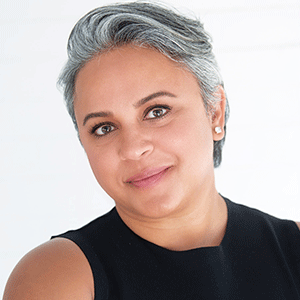CCS powers ‘health care journey at home’

By Theresa Flaherty, Managing Editor
Updated 11:08 AM CST, Fri February 17, 2023
 DALLAS – As a practicing physician, Arti Masturzo, CCS Medical’s first-ever chief medical officer, knows it’s hard to inspire patients to follow advice that will make them healthier.
DALLAS – As a practicing physician, Arti Masturzo, CCS Medical’s first-ever chief medical officer, knows it’s hard to inspire patients to follow advice that will make them healthier.
“I’m a big believer that everyone in health care, every interaction we have with the patient, we owe it to that patient to maximize the impact we have during that interaction,” she said. “When we get patients to trust us, they stay with us for years, and I look at this as an opportunity to do something great. We do a disservice to patients if they are prescribed a GCM device, we tell them once how to use it, and then simply consider the job done. It starts today with diabetes, but the reality is these patients are going to need all this extra stuff.”
Masturzo recently led the launch of a new Scientific Advisory Council comprised of four industry leaders to support CCS’s efforts to take a more holistic approach to patient care and to simplify chronic care management.
The council is comprised of Alexander Ding, MD, with Humana; Karmeen Kulkarni, MS, RD, CD, CDCES, BC-ADM, with her own consulting group; Steven Wittlin, MD, with the University of Rochester; and Francine Kaufman, MD, with the Keck School of Medicine of the University of Southern California and Children's Hospital Los Angeles, and Senseonics.
“So, we have subject matter expertise on the council who guide us on appropriate diabetes management, but then you also need folks that are one step beyond – what does proper intervention look like?” Masturzo said. “Those are things you are going to see coming in the future.”
While access to blood glucose data has been readily available to providers, patients and physicians for years, additional patient data related to things like anxiety levels, blood pressure and weight can be pulled in to help better manage the patient, says Masturzo.
“As we think about the technology platform and the things we’ve invested in in terms of population health tools, we want to capture all the additional data that we normally wouldn’t have insight into and then use that data to then create interventions that are tailored to that patient,” she said. “Yes, we can send the device to your home, but we can go further; what else do you need in order to be successful in your health care journey at home.”
Comments